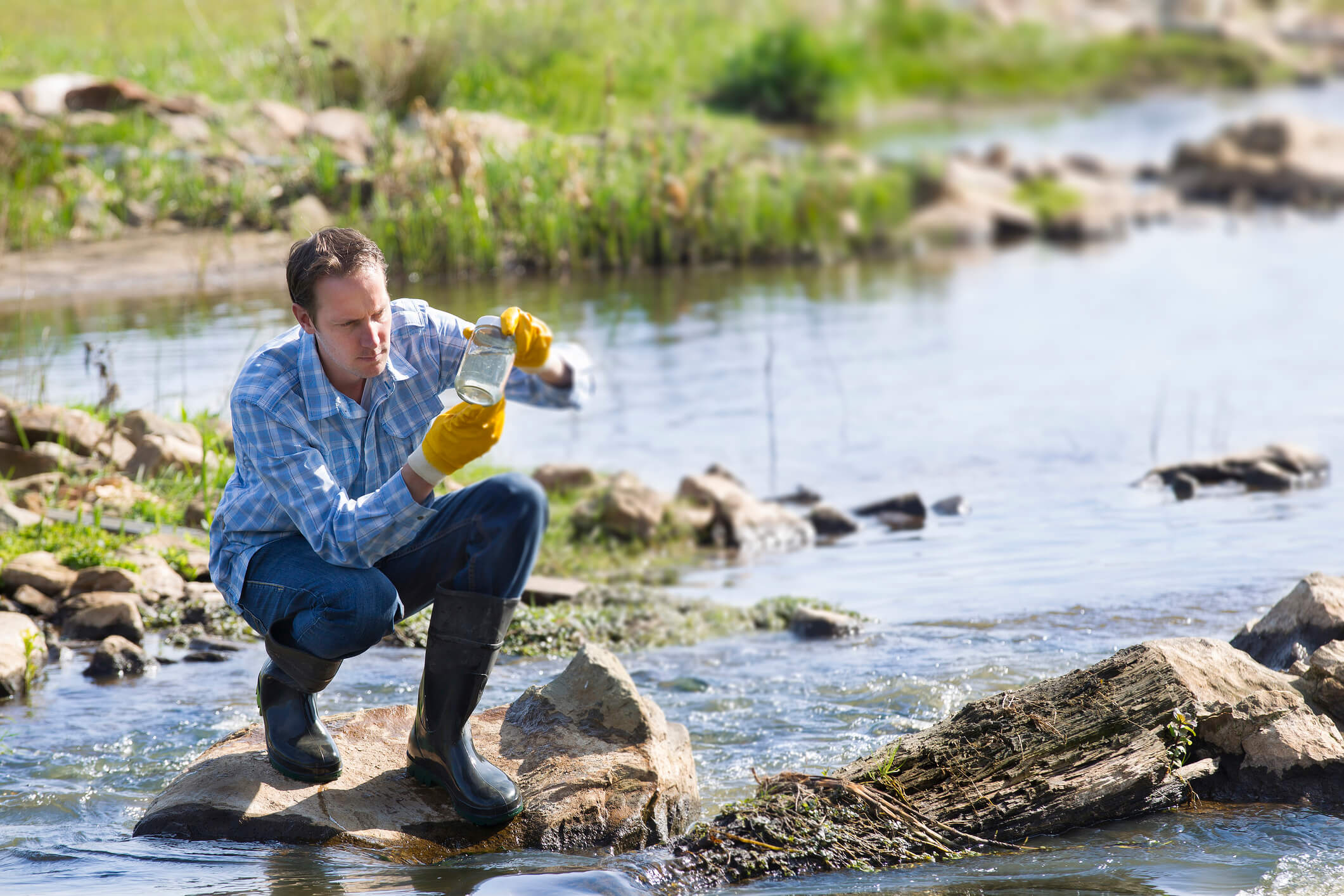Recreational fishing; Biological impacts, management and human dimensions
Overall Course Objectives
To provide the participants with an understanding of management of recreational fishing and its interdisciplinary intersection between social and natural science. This includes traditional management elements such as habitat restoration and fishery regulations as well as more recent management elements such as socio-economic and human dimension aspects, i.e. understanding how angler heterogeneity can impact management decisions.
Learning Objectives
- Define recreational fishing including a description of different angling types/techniques
- Explain different management strategies for recreational fishery, e.g. adaptive management
- Describe and explain strengths and weaknesses of habitat restoration and fish stocking as management tools in recreational fisheries.
- Describe, compare and explain the purpose of different fishery control initiatives used to regulate harvest of target fish populations e.g. slot length, quota, minimum size limits, closed seasons, closed areas and critically review their efficiency.
- Present and discuss pros and cons of catch-and-release fishing (C&R) as a management tool and give specific guidelines to how mortality and sub-lethal effects in C&R fishing can be minimized.
- Describe, explain and give examples of values and impacts of recreational fishing in terms of economics and human dimension aspects,
- Describe methods used to investigate aspects of angling impacts (e.g. on fish populations), human dimension and economy, and explain their strengths and weaknesses.
- Explain the recreation specialization framework, how it is measured and how it translates into angler behavior e.g. in terms of fishing trip motivation, consumption orientation and conservation attitudes
- Give examples of different direct and indirect biological impacts of recreational fisheries on aquatic ecosystems.
- Produce management solutions to specific recreational fisheries management problems and explain the biological, socio economical and/or conservation arguments behind the advice.
Course Content
Recreational fishing is a billion euro business which directly and indirectly impacts 1) the ecology of aquatic ecosystems, e.g. through effects on the environment, food webs or on specific populations, as well as 2) the human dimension in terms of social and economic processes and consequences. Moreover, when managing recreational fisheries it seems just as important to understand angler behavior as it is to understand how and why the fish behave. Therefore the interdisciplinary interaction between social and natural science holds the future for successful recreational fisheries management. The course will introduce adaptive management and the three tools in traditional recreational fishery management; fish stocking, habitat restoration and fishery regulation, with special focus on the latter (e.g. catch and release fishing, bag limits, closed seasons etc.) In addition, human dimensions, such as angler behavior and demography, ethical costs and socio-economic benefits to the community from angling will be addressed. Finally, a part of the course will be dedicated to introducing methodologies used when investigating biological impacts and the human dimensions in recreational fishing.
The first week of the course will take place at DTU Aqua, Department of Freshwater Fisheries and Ecology in Silkeborg. The last two weeks of the course will be a mixture of online lectures, exercises and self-studying, all aligned with the learning objectives. In addition, the students will have to prepare a written assignment , containing elements given by the teacher and others chosen by the student.
Teaching Method
Teaching methods will be lectures, group and individual exercises, group discussions and a written assignment. The written assignment will be part of the assessment and will include topics aligned with the learning objectives as well as a topic chosen by the student.
Faculty
Remarks
Travel and accommodation expenses for the week in Silkeborg will be covered for by DTU Aqua for the first 12 students enrolled in Aquatic Science and Technology.
Travel costs and accommodation for non DTU Aqua students is at own expense.
One week internal in Silkeborg, two weeks of online-teaching using Adobe connect in combination with writing an assignment and preparing for the oral exam. The student has to make sure that he/she has the necessary facilities at hand to take part in the online teaching i.e. a good internet connection and a good quality headset (with microphone).
Dette kursus giver studerende kompetencer, der er relevante for FN’s SDG’er, især #14 (Life below water)
Limited number of seats
Minimum: 6.
Please be aware that this course will only be held if the required minimum number of participants is met. You will be informed 8 days before the start of the course, whether the course will be held.




